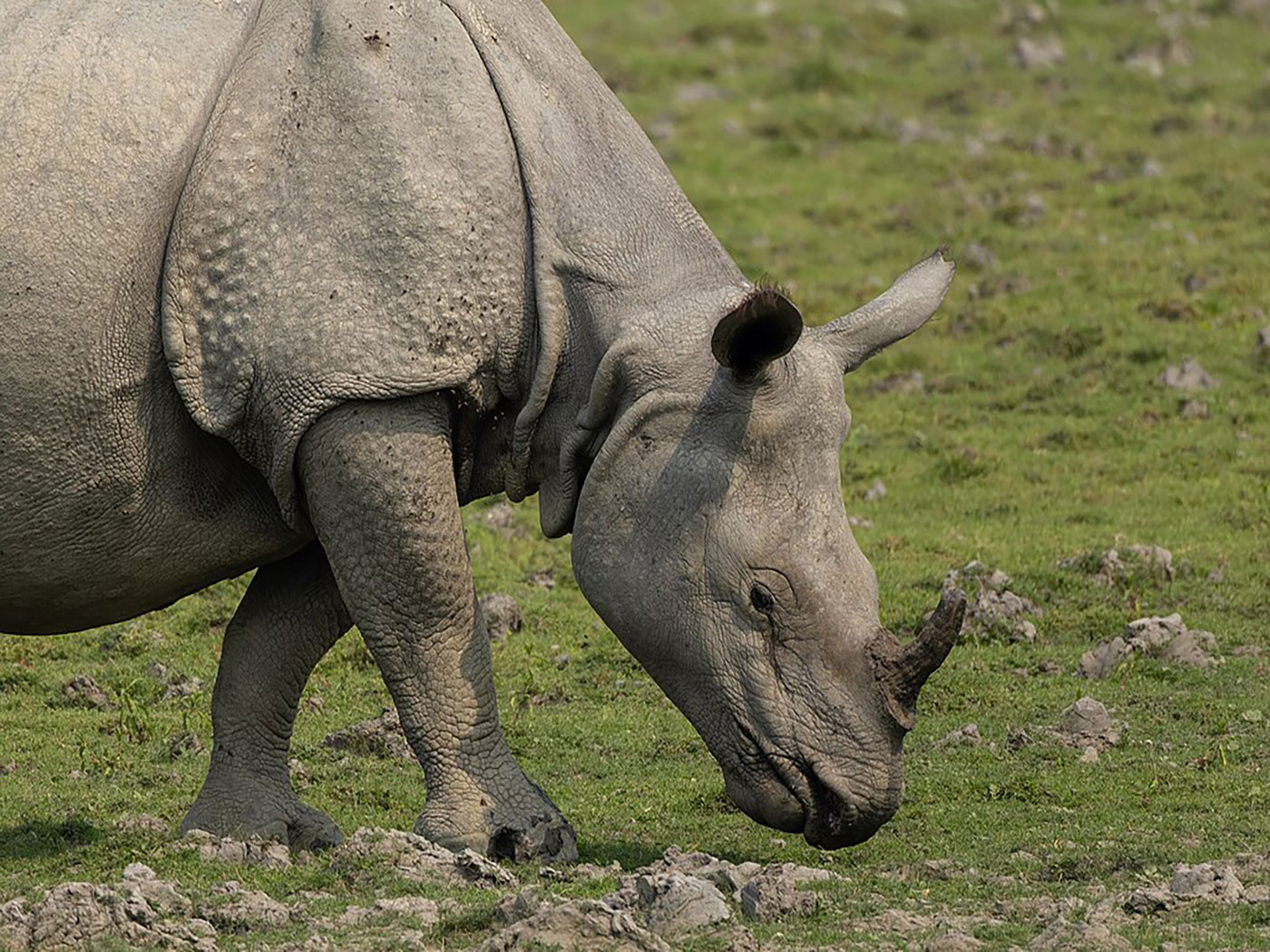Countries all over the world are now juggling public health risks along with economic collapse risks. Is taking temporary refuge on a remote island a good strategy? Maybe. But don’t count on that strategy being bulletproof in the remote Hebrides or Orkney Islands, because health officials report coronavirus infections even on those remote islands.1
In the complicated logistics of today’s world of international travel, with its many inextricably intertwined moving parts (especially globe-trotting humans), our modern-day interconnectedness is exhibited again and again.2,3
A few days ago, this reality was illustrated by the first coronavirus case being confirmed within the group of islands immediately north of Scotland, the Orkney Islands, historically called (in combination with the farther-north Shetland Islands) the Northern Isles.
Likewise, two cases were recently recognized in Lewis, within the Hebrides, the peaceful cluster of islands just west of Scotland, historically called the Western Isles.
Of course, this was disappointing to local residents of those two archipelagos, because many hoped that those islands’ remoteness would insulate them (pardon the pun) from the spread of the coronavirus contagion.
But our world is enormously interconnected, even with “social distancing.” We must be realistic about that, both biologically and economically.3
Meanwhile, transportation options are disarranged or discontinued due to voluntary or involuntary rescheduling of travel routines.
Obviously this disrupts traditional tourist commerce, such as the need for ferrying from Oban (on Scotland’s mainland) to the Hebrides Islands—which include Mull, Iona, and Staffa4—indispensable services provided by Caledonian MacBrayne ferries.
How quickly our life situations and options change!5 Just last summer, as part of a Christian history touring adventure (Landmark Events), my family visited those Hebridean islands. We were carried to and fro by Caledonian MacBrayne ferries, from Oban to Mull, and from there to Iona (former hub of Celtic Christianity) and later to tiny Staffa (a rugged steep-cliffed isle famous for Atlantic Puffins and Fingal’s Cave).4
As a birdwatching creationist, I enjoyed observing nesting puffins, within feet of my feet, and I thank God for the privilege of that time there.6 Yet, now even the serene Hebrides are visited by coronavirus. How sad!
Yes, our world is fallen, “groaning,” so it uncomfortably yet trustingly awaits—as we do—the restorative return of our Redeemer-King.7
References
1. Staff Writer. Coronavirus: Covid-19 confirmed in Western Isles and Orkney. BBC News Scotland. Posted on bbc.com March 31, 2020, accessed April 7, 2020.
2. Johnson, J. J. S. 2020. When Travel is Restricted, Be Honest and Trust God. Creation Science Update. Posted on ICR.org April 4, 2020, accessed April 7, 2020.
3. 1 Corinthians 12:26; Psalm 102:18.
4. Caldwell, D. 2018. Mull and Iona: A Historical Guide. Edinburgh, U.K.: Birlinn Limited, xxii-xxx, 15-113, 141-144, 206, 221.
5. Proverbs 27:1; James 4:13-15.
6. Kightley, C., S. Madge, and D. Nurney. 1998. Pocket Guide to the Birds of Britain of Britain and North-west Europe. London, UK: Yale University Press, 157.
7. Romans 8:18-23; Revelation 22:20b.
*Dr. Johnson is Associate Professor of Apologetics and Chief Academic Officer at the Institute for Creation Research.





